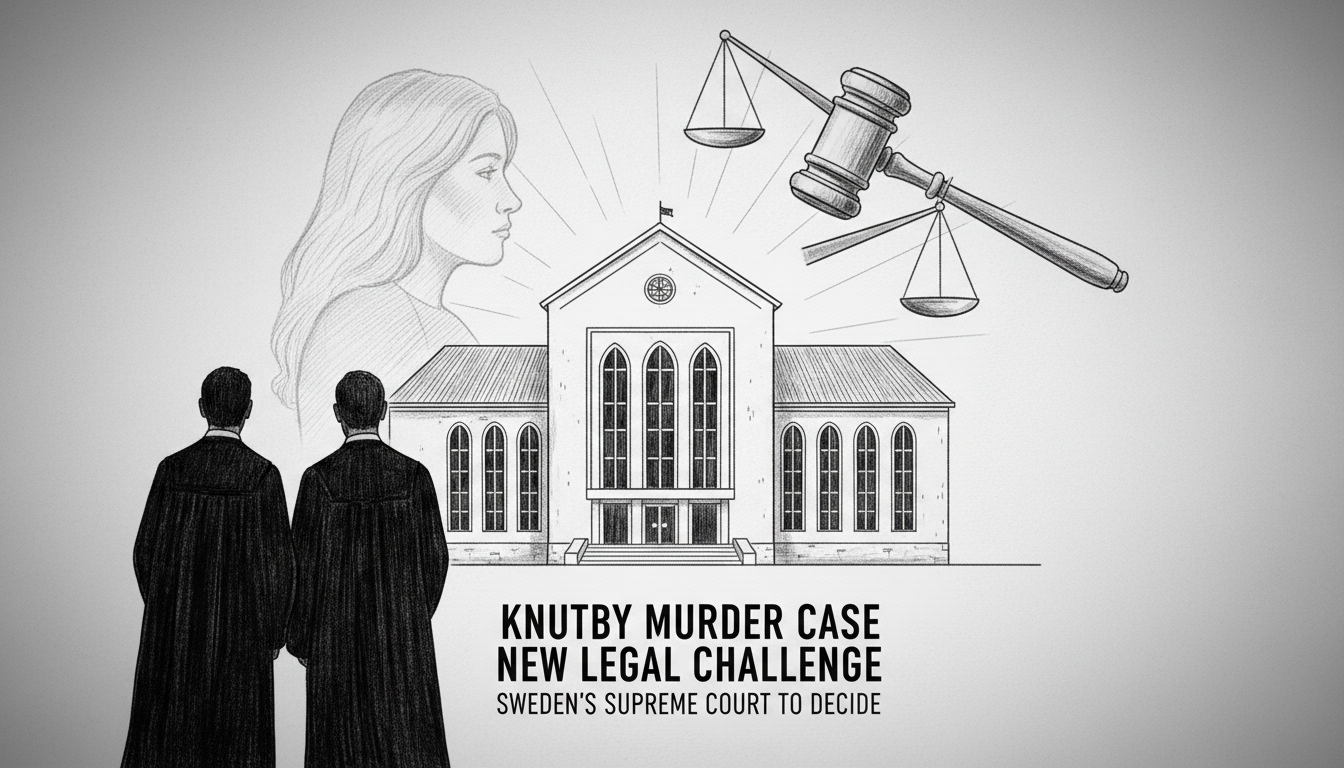The woman known as the nanny in Sweden's notorious Knutby murder case is seeking to reopen her conviction. Sara Svensson's lawyer Johan Eriksson confirmed the legal move following new claims about the 21-year-old case. This development shakes a story that captivated Swedish society and exposed tensions in religious communities.
Prosecutors handling the case see things differently. They maintain no new evidence exists to justify reopening the conviction. Mats Svensson, the senior prosecutor reviewing all such requests, explained their position clearly. He said prosecutors examined the claims and found no new circumstances that would support a retrial.
The legal battle centers on what constitutes new evidence. Claims about additional bullet holes in bedding and conflicting blood spatter patterns emerged in recent reporting. But prosecutors say these details were already thoroughly examined during the original trial. They explained that five holes came from three bullets because the bedding was folded.
Sweden's Supreme Court will ultimately decide whether to grant a retrial. The court handles about ten such complex cases annually. Legal experts note that retrials require genuinely new evidence, not just reinterpretation of existing facts. This high standard makes successful appeals rare in the Swedish legal system.
The Knutby murder shocked this small Uppsala community back in January 2004. A pastor's wife was found dead in their home. A 30-year-old man was discovered shot in a neighboring house. The case drew national attention to the Filadelfia congregation the pastor belonged to.
Sara Svensson received psychiatric care for carrying out the killing. Pastor Helge Fossmo got life imprisonment for instigating the murder and attempted murder. Both have since been released - Svensson in 2011 and Fossmo more recently with parole conditions.
This case reflects broader Swedish society trends around high-profile criminal convictions. The legal system faces ongoing scrutiny about how it handles complex cases with psychological dimensions. Many Swedes remember the media frenzy surrounding the original trial and its exploration of religious influence.
Legal observers question whether this appeal will succeed. They note that retired forensic technicians working on the case during their free time raised the new claims. This unofficial involvement might affect how courts view the evidence. The prosecutor even questioned whether Sara Svensson herself believes she was wrongly convicted.
For international readers, this case offers insight into Swedish legal culture and society. The small community of Knutby represents the tension between traditional Swedish values and modern complexities. The religious aspects highlight how faith communities operate within Sweden's largely secular society.
The outcome could influence future Swedish criminal cases. If successful, it might encourage more challenges to old convictions. If unsuccessful, it reinforces the finality of Swedish court decisions. Either way, the Knutby case continues to capture public imagination years later.
Stockholm legal experts follow such cases closely. They note that Swedish courts generally uphold original verdicts unless compelling new evidence emerges. This conservative approach maintains legal stability but sometimes frustrates those seeking case reviews.
The timing of this appeal coincides with broader discussions about Sweden's justice system. Recent years have seen debates about psychiatric care in criminal cases and religious influence in communities. The Knutby saga touches on all these sensitive topics.
As the Supreme Court considers this request, Swedes recall how this case divided opinions. Some saw religious manipulation at play, while others focused on individual responsibility. The new appeal ensures this chapter of Swedish criminal history remains open for now.

